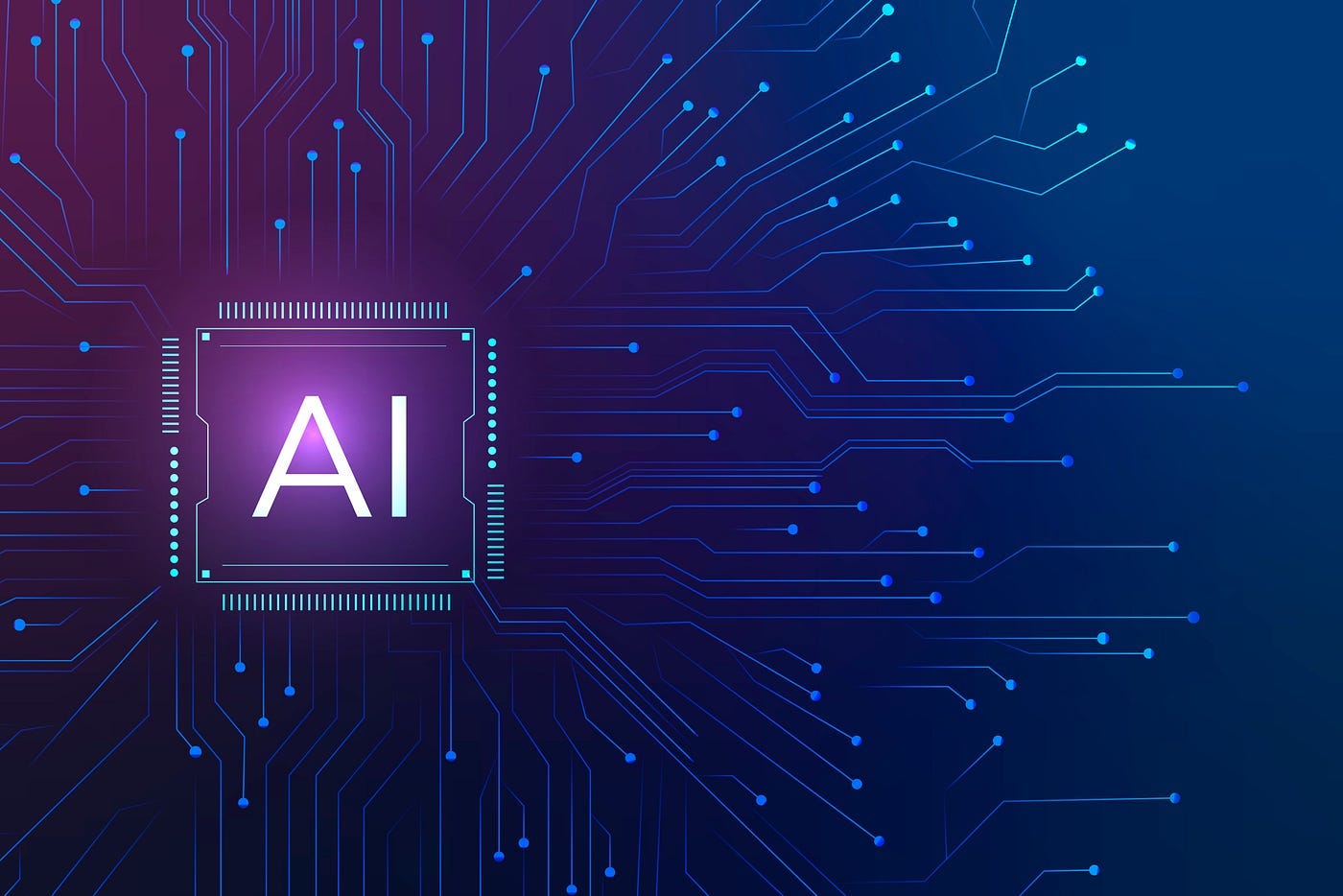2 DAY HANDS-ON MASTERCLASS - DUBAI
GenAI for Bioinformatics
Revolutionizing Bioinformatics Research
- February 25-26, 2025 | 10:00 AM - 05:30 PM
- TO BE ANNOUNCED!!
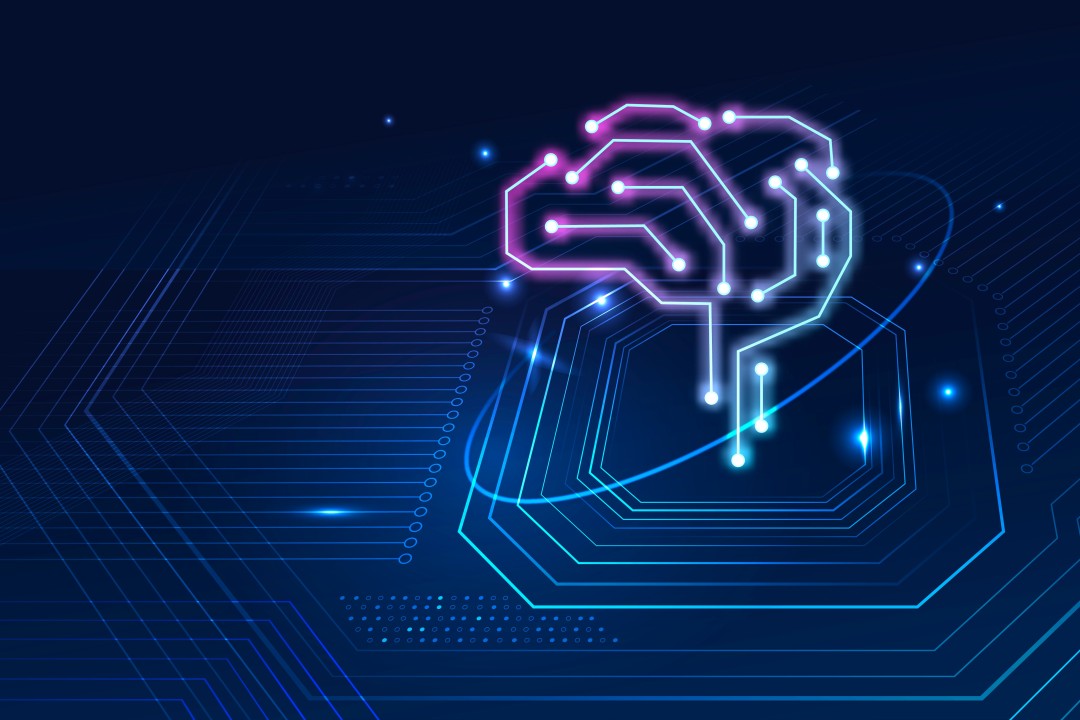

Intensive Learning

Hands-On Exercise

Interactive Sessions

Individual Practice
Introduction to Masterclass
GenAI for Bioinformatics (Generative Artificial Intelligence) is poised to revolutionize the field of bioinformatics by offering powerful tools to decipher complex biological data and drive innovation in biomedical research. Leveraging generative AI algorithms, researchers can simulate and generate novel biological sequences, molecules, and structures with unprecedented speed and accuracy, paving the way for groundbreaking discoveries and advancements in personalized medicine, drug development, and beyond.
GenAI for Bioinformatics models, such as generative adversarial networks (GANs) and variational autoencoders (VAEs), enable the creation of synthetic biological data that closely resemble real-world observations. In bioinformatics, these models find applications in de novo drug design, protein structure prediction, and DNA sequence generation. By learning from vast amounts of existing biological data, generative AI algorithms can generate novel compounds with desired properties, predict protein structures, and simulate biological processes, offering invaluable insights into the molecular mechanisms underlying diseases and potential therapeutic interventions.
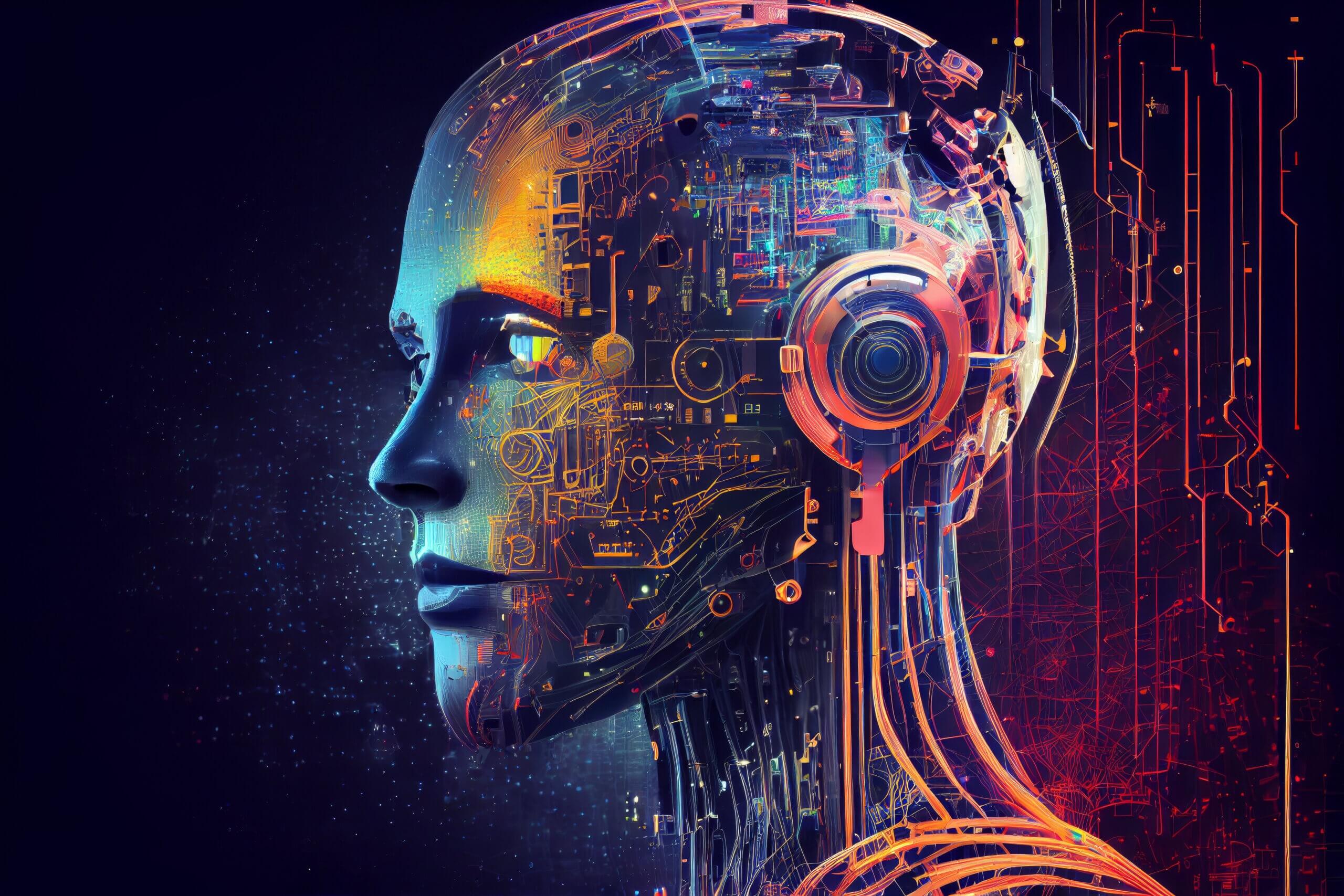
Applications of GenAI for Bioinformatics
In this section we are discussing some of the potential areas of application of GenAI for Bioinformatics & how it can be helpful in these areas to carryout analysis.
De Novo Drug Design
Generative AI algorithms can design novel drug candidates with desired chemical properties by generating molecular structures that interact with target proteins.
Protein Structure Prediction
Generative AI techniques, such as generative adversarial networks (GANs) and variational autoencoders (VAEs), can predict protein structures from amino acid sequences.
Genomic Sequence Generation
Generative AI models can generate synthetic genomic sequences, including DNA, RNA, and protein sequences, with desired features.
Metabolite Prediction
Generative AI algorithms can predict metabolite structures and reconstruct metabolic pathways from mass spectrometry and metabolomics data.
Biological Image Synthesis
Generative AI techniques can synthesize realistic biological images, such as microscopy images of cells and tissues, using generative models like GANs.
Different Types of Analysis
Majorly, there are 3 different types of analysis using GenAI for Bioinformatics so below we have tried to list them down to help you take better decision if this masterclass will be relevant for your learning and be helpful in your intended area of research.
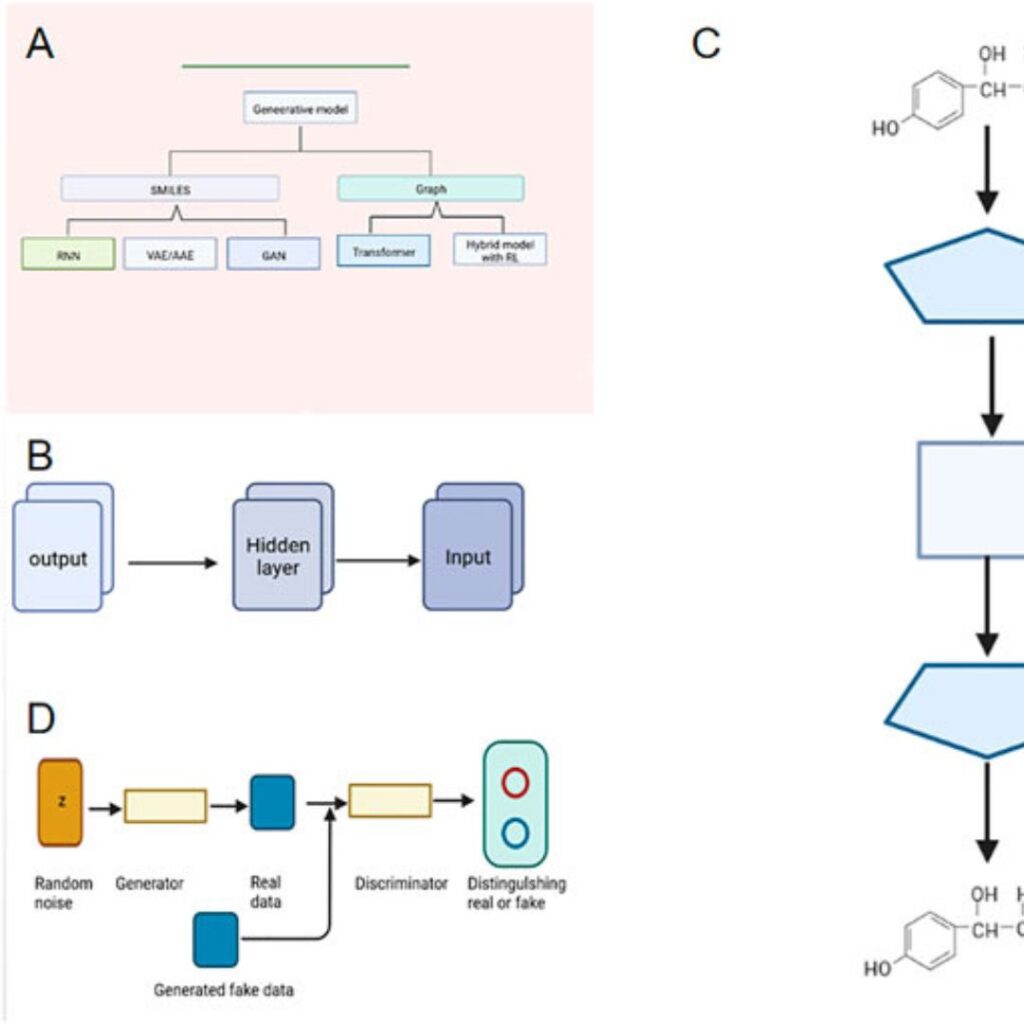
Molecular Generation and Design
Generative AI models are used to generate novel molecular structures with desired properties, such as drug-likeness, bioactivity, Etc.
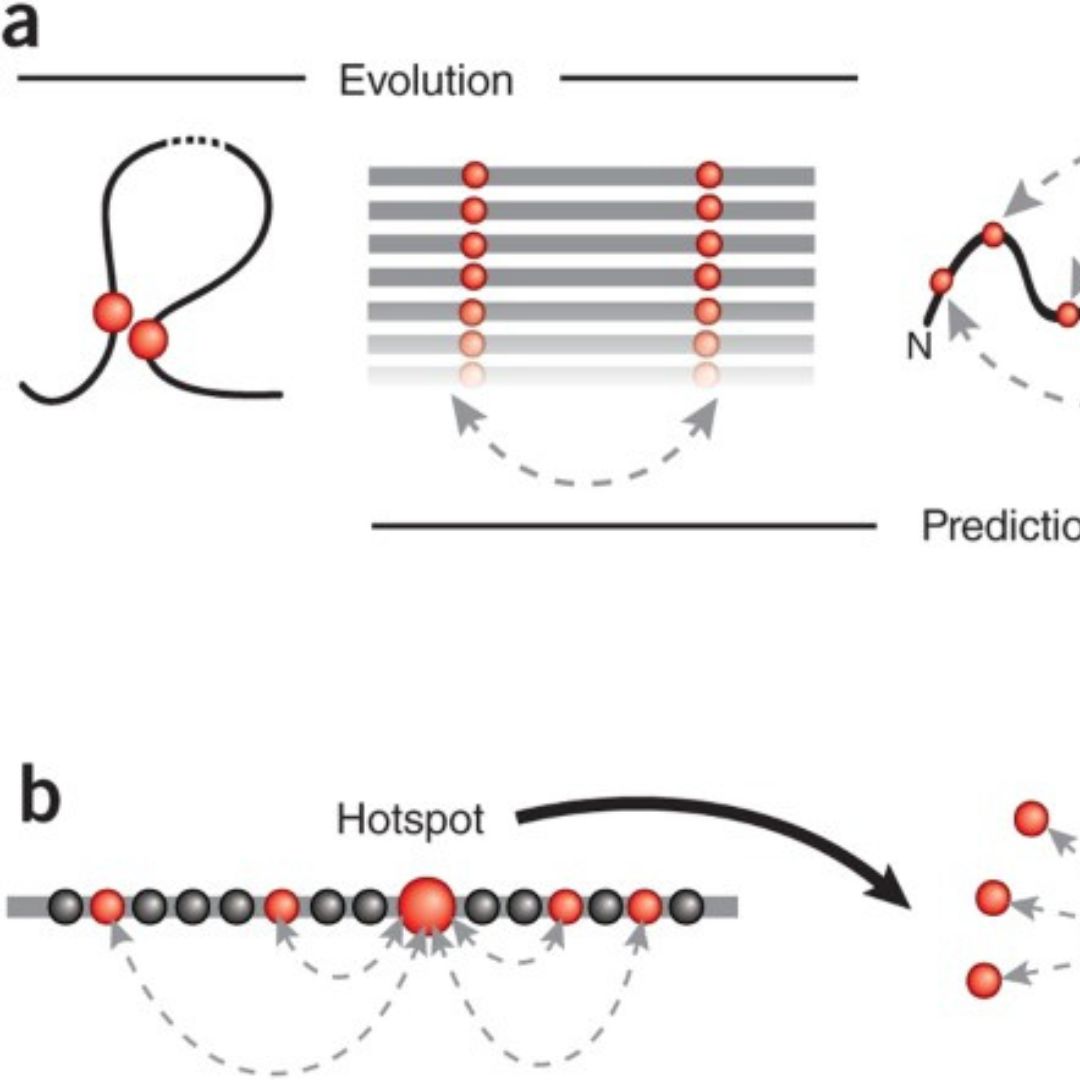
Protein Structure Prediction
Generative AI is employed to predict the three-dimensional structures of proteins from their amino acid sequences.
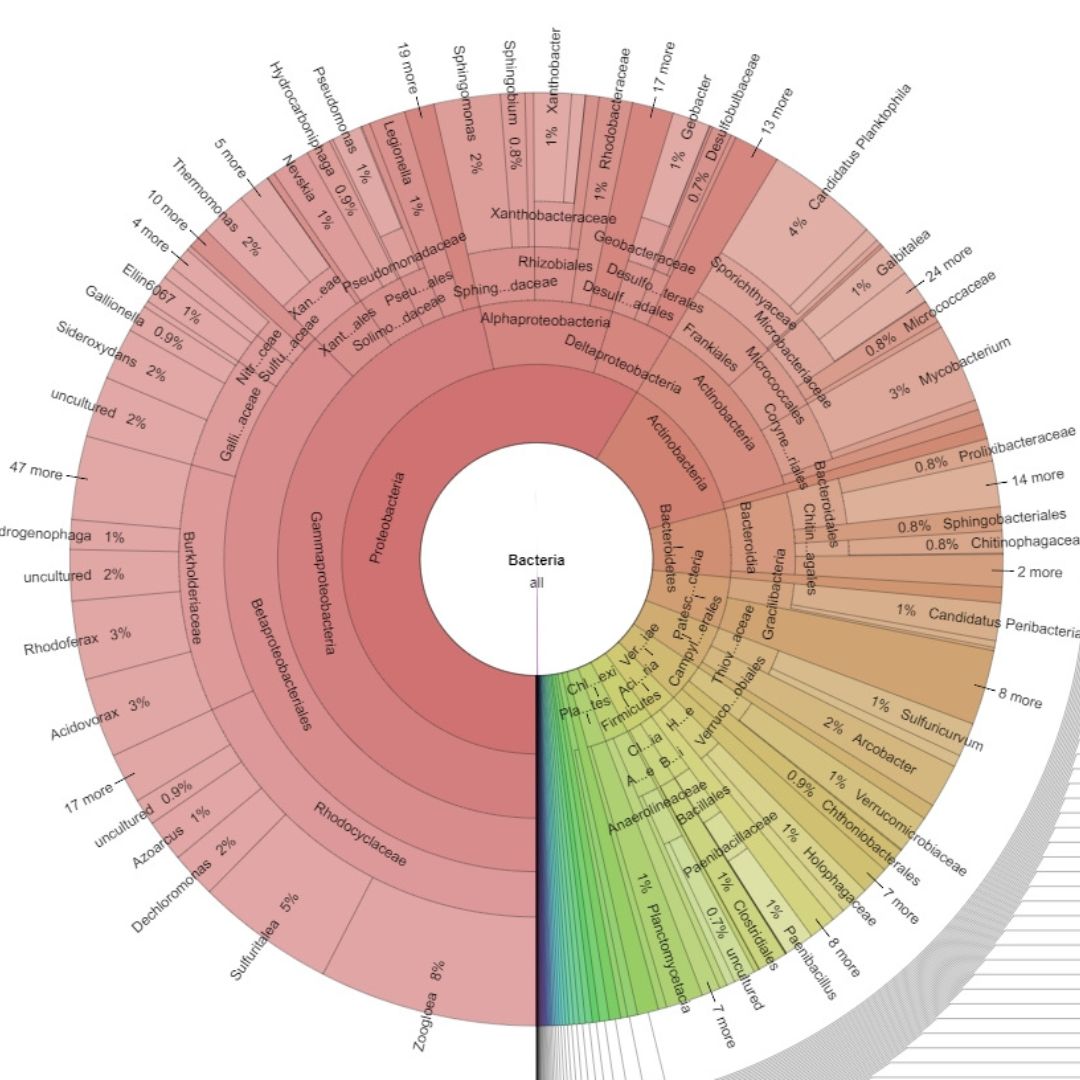
Metagenomic Data Analysis
Generative AI methods are applied to analyze metagenomic data, which consists of DNA sequences sampled from microbial communities.
Detailed Agenda of The Masterclass
By harnessing the power of AI to generate and analyze biological data, researchers can unlock new avenues for understanding complex biological systems, predicting drug interactions, and designing personalized treatments tailored to individual patients’ needs.
DAY 1 – February 25, 2025
10:00 AM - 11:15 AM
Introduction to ML & Generative AI, Using ML & GenAI for Bioinformatics
11:15 AM - 11:30 AM
Tea/Coffee & Stretching Break
11:30 AM - 01:00 PM
Python 101 for Data Science, Hands for Exploratory Data Analysis (Pandas & Numpy)
01:00 PM - 01:45 PM
Lunch Break
01:45 PM - 03:30 PM
Training a Machine Learning Model for sample identification
03:30 PM - 03:45 PM
Tea/Coffee & Stretching Break
03:45 PM - 04:45 PM
Model Evaluation, Interpretation & Visualization
04:45 PM - 05:15 PM
Q&A and Doubts Session
DAY 2 – February 26, 2025
10:00 AM - 11:15 AM
The OpenAI API & System prompts
11:15 AM - 11:30 AM
Tea/Coffee & Stretching Break
11:30 AM - 01:00 PM
Function calling & A worked example leveraging OpenAI and a local DataFrame
01:00 PM - 01:45 PM
Lunch Break
01:45 PM - 03:30 PM
Working with embeddings & Running LLMs locally/ privately w/ quantization
03:30 PM - 03:45 PM
Tea/Coffee & Stretching Break
03:45 PM - 04:45 PM
Diffusion & Running multi-modal models yourself
04:45 PM - 05:15 PM
Q&A and Doubts Session
TakeAway From The Masterclass
The integration of generative AI with bioinformatics holds immense promise for accelerating scientific discovery and transforming healthcare. As generative AI continues to evolve, its impact on bioinformatics is poised to drive unprecedented advancements, shaping the future of medicine and biology.
Apart from the topics mentioned above there are a few extra things which you can take away from this bootcamp, which will be adding more value to your work
An introductory theory document to help you better understand the subject will also be provided.
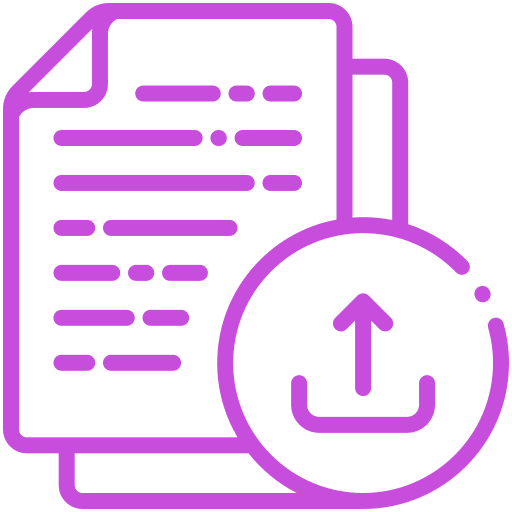
After the completion of the session complete access to the trainers slide deck will also be provided

We will also be providing a complete access to trainers repository so that you can use it as reference later

During the course of 3 days we will be have live8+ hourse of training sessions with the participants.

Hands-On exercises are a must to better learn any technology and be able to reproduce it later.

A Participations certificate is a must after successfully completing the training as a sign of accomplishment.

Expected Outcomes of the Masterclass
After completing all the tasks of this masterclass all of our participants will be able to:
Generative AI for bioinformatics is expected to yield novel molecular designs with desirable properties for drug discovery and development.
Generative AI is expected to improve the analysis of metagenomic data, leading to better characterization of microbial communities and their functional capabilities.
By leveraging deep learning algorithms, researchers can generate more accurate 3D models of protein structures from amino acid sequences.
The application of generative AI in bioinformatics is poised to accelerate innovation in the field by enabling researchers to generate synthetic data, design novel molecules
Registration Fee
Early-Bird Registration Ends On October 30, 2024
Participants need to share the scanned copy of their Institutional ID Card to masterclass.edgenebiomed@gmail.com to complete their registration after completing the payment.
Student Registration (UG/PG/PhD)
Early-Bird Fee – $ 225
Regular Registration – $ 475
Late Registration – $ 649
Researcher Registration (PDF/JRF/SRF)
Early-Bird Fee – $ 300
Regular Registration – $ 599
Late Registration – $ 799
Working Professionals (Faculty)
Early-Bird Fee – $ 350
Regular Registration – $ 699
Late Registration – $ 899
Location
Terms & Conditions
- All fee paid is not refundable so please read all the terms & conditions before making any payments. If you still have any doubts please contact us and confirm and then only make the payment.
- Participants need to bring their registration tickets along with a valid Institutional ID, then only they will be allowed to attend the session. Please reach out to our team in case of any exceptions.
- Please fill all your details in the form correctly as those details will be used in your certificate as well.
- Participants need to bring their own computer (laptop) system for the program.
- The software tools and other required software tools will be provided from our side for the purpose of this program.
- Participants need to reach the venue and report 30 minutes prior to the start of the sessions.
- Participants need to wear masks all the time inside the premises and abide by the other rules at the premises.
- Particpants need to attend all the sessions in order to be eligible for getting the certificate.
- Welcome email will be sent to all the participants with all the details related to the program. Please check your Inbox/Spam folder for the email.
- All the details of the software installations and how to prepare your system for the Program will be shared with all the participants in the Welcome Email itself.
Contact Us
We understand that you may have some questions before you make the payment for the course. Feel free to get in contact with us through the below given options.
Feel free to drop us a text on
For More Contact Information

